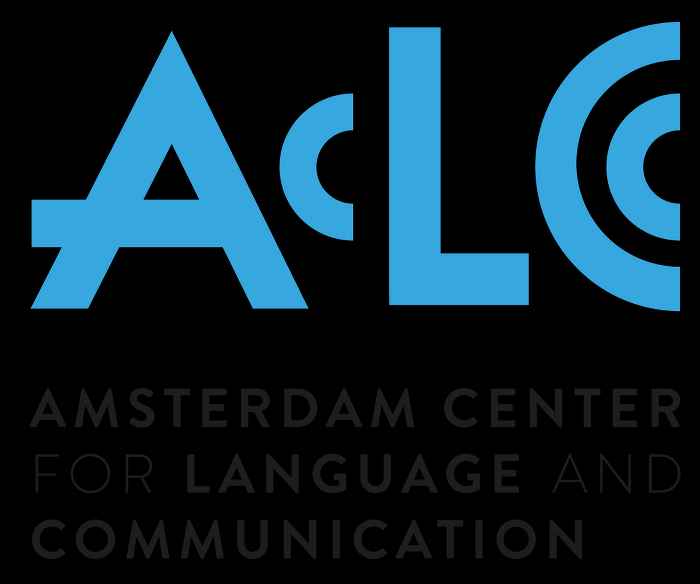ACLC Seminar | Eliane Lorenz
- Date
- 20 September 2023
- Time
- 13:00 -14:00
- Location
- University Library
- Room
- Doelenzaal
Heritage bilingualism – Crosslinguistic influence, advantages, and the effects of linguistic distance
The aim of this talk is to look at bilingual heritage speakers from three related perspectives. A bilingual heritage speaker is one specific type of a bilingual person, growing up with two different languages. The status of the two languages of heritage speakers is shaped by frequency of use. Typically, the official language of the speech community is most frequently used and activated, which results in heritage bilinguals being dominant and more comfortable in this language. Given its often limited use, heritage bilinguals are frequently less proficient in their heritage language. Due to globalization and high rates of mobility, growing up as a bilingual heritage speaker is a phenomenon that is rather frequently encountered in countries such as Germany. The overarching theme of this presentation is the acquisition of English, which is the third or additional language of school-aged heritage speakers growing up in Germany. First, speakers with a Russian, Turkish, or Vietnamese heritage background are compared to their monolingually raised peers by looking into crosslinguistic influence with respect to tense and aspect. Second, presumed foreign language learning advantages of bilinguals in comparison to their German peers are discussed. Third, the potential of including linguistic distance as a continuous measure in studies comparing monolingual versus bilingual heritage speakers is presented. Finally, a short outlook for further research and consequences for foreign language education is offered.
About the ACLC seminar series
The ACLC seminar series is a weekly lecture series organized by the ACLC, the Amsterdam Center for Language and Communication.
